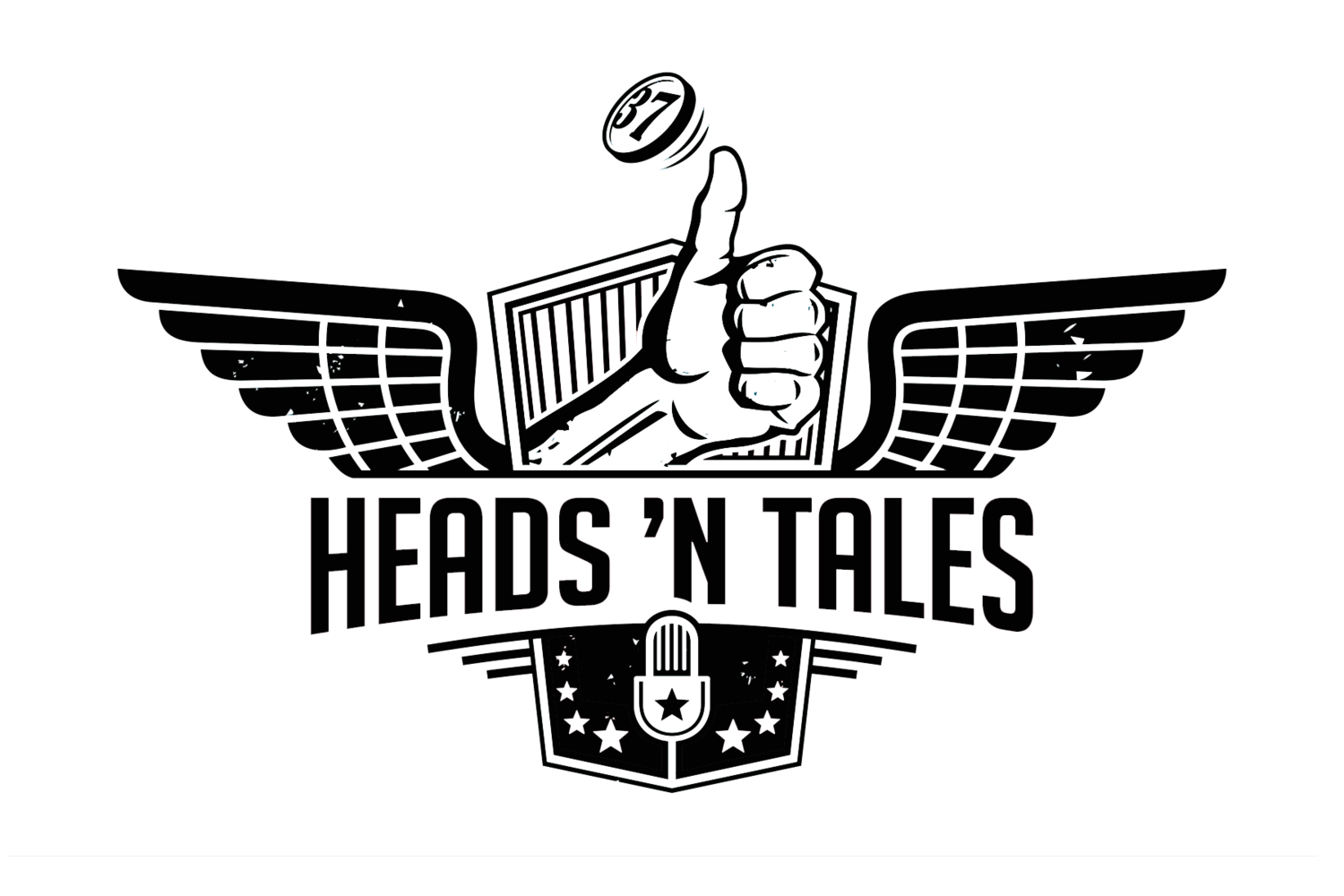U.S. Army Special Forces Captain, Ben Harrow, Finding a New Normal
As the country celebrates Veterans Day and honors the men and women who risk their lives to protect our country, the Heads 'N Tales podcast begins a 4-part series interviewing these brave individuals and those that serve them. This week we hear from U.S. Army Special Forces Captain, Ben Harrow.
Ben grew up on Long Island and played multiple sports, which included ice hockey, soccer and lacrosse. Ben emerged as an elite lacrosse player while in high school and was an All-State attackman by his senior season. During the college recruiting process, Ben was most attracted to the service academies. In our interview, Ben said he chose to go to West Point because they showed him the most love. It's always good to go somewhere that you're wanted.
Ben chose the number 37 in high school and it stuck with him ever since. Fun Fact: at the time he actually wanted to wear #42 because that was the number standout Hofstra lacrosse player and 2-time All-American, Chris Panos wore. 37 was the highest number available at the Woodberry Forrest Boarding School.
We discuss the topics listed below about his lacrosse career:
Ben's decision to play at West Point
Transition from attack to midfield
Earning the Steve Vlahakis unsung hero award
Finding a new Identity when his lacrosse career ended
The benefits of playing multiple sports growing up
Ben's freshman year at West Point was in the fall of 2001, so obviously the events of 9/11 had a huge impact on the Long Island native. During our interview, Ben takes us through his thoughts and feelings on that day and remembers trying to get in contact with his father who worked in the financial district. Having grown up so close to the twin towers made the terrorist attacks of 9/11 sting a little more in Ben's heart. During our interview we discuss Ben's decision to eventually to go into infantry and become a Green Beret.
The list below cover's some of our talking points about what it's like to be a Green Beret:
Why the Special Forces are the thinkers "Princeton grads that could win a bar fight"
Selection process
What it's like to lead a team of more experienced guys
What its like to get shot at and what to do
Drop, assess, distance and direction, make a decision
Becomes second nature through repetition like in sports
On May 15, 2012, 5 months into his second deployment to Afghanistan, Ben was walking through a doorway when he stepped on a pressure plate Improvised Explosive Device (IED). The explosion took off his right leg and his left leg was so badly broken it also had to be amputated. Some of his other injuries included the loss of two fingers on his right hand, soft tissue damage on his forearm and both of his eardrums were blown out. During the interview Ben takes us through what he remembers from that day. Below are some of the topics we discuss about his injury:
The picture of his wife Gina and son Peyton he thought about moments after the explosion
What happened when he woke up in Germany
75 units of blood later
"Do still have my dick?"
Overcoming the addiction to painkillers cold turkey
Finding a “new normal”
Before the injuries Ben was a 215 lb tactical athlete, 135 lb after injury.
Felt like he was starting from negative 100
Relying on his experience as an athlete "dealing with the suck"
Battling the ego when he felt like he was a "broken torso in an electric wheelchair"
Prosthetic struggles
Limb lengthening (osteodistraction) procedures to improve effectiveness of his prosthetics
2 medical world records
Shortest femur ever lengthened
Most bone regenerated (6.5 inches)
This bone growth allows ben to use two vacuum seal prosthetic legs
Ben was the first patient to ever receive this type of internal osteodistraction and it is now a procedure commonly used for amputees
Picture below
This is an X-Ray of the osteodistraction hardware in Ben's femur. During the interview he explains in full-depth how it works and where the power of perspective came in.
Hockey was Ben's first love in sports. Today, hockey is the one thing that feels the same for him with legs or without. Ben also credits his participation for helping him physically and mentally throughout his recovery and now helps coach his son Peyton's ice hockey team.
Ben normally plays for the Italian National Paralympic Sled Hockey team, but here he is filling in for the US team's goalie after an injury.
Ben overcame so many obstacles after stepping on that IED in Afghanistan back in 2012. Ben says that the greatest lesson he learned while at West Point was that hard work really does pay off. The greatest lesson he learned while serving our country as a Green Beret is the importance of adaptability. Whether you are overcoming an injury, illness or a different type of obstacle, you won't get better without hard work and and the road to success often has it's detours. When the time comes pause, assess, figure out where you need to go and aggressively make a decision to get better.







